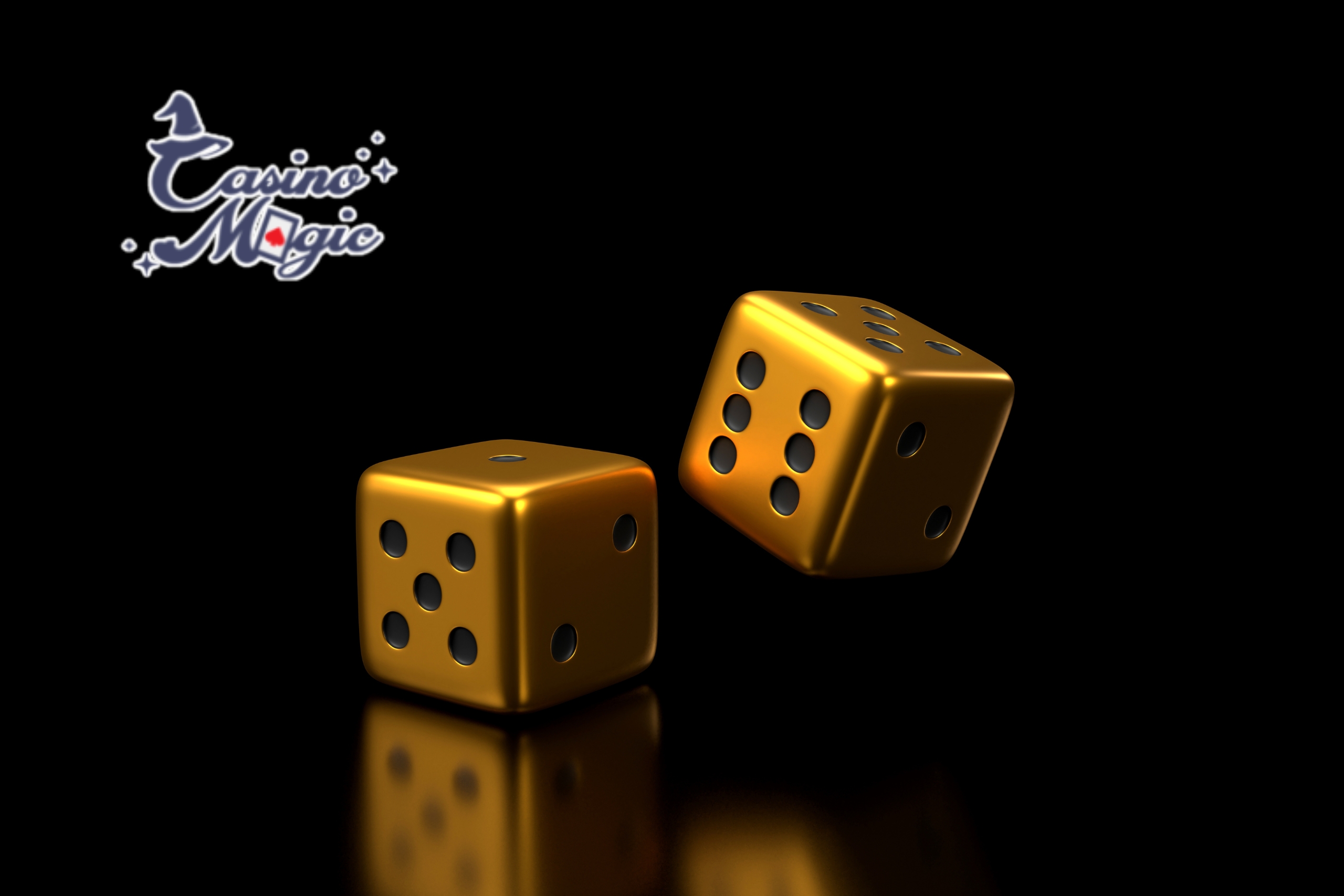Poker, or ポーカーとは in Japanese, has become one of the most popular card games worldwide. Its appeal lies in the combination of strategy, skill, and a touch of luck, making it a thrilling and competitive game for players of all levels. The allure of poker also stems from the possibility of playing like a professional, bluffing opponents, and making calculated decisions that can lead to big wins. Many are drawn to the idea of mastering the game, understanding the psychology of their opponents, and ultimately coming out on top. Whether playing in a casual setting with friends or in high-stakes tournaments, the excitement and challenge of poker are undeniable.
The rise of online poker has further contributed to its popularity, allowing players to practice and compete from the comfort of their own homes. Many are drawn to the potential for financial gain, while others simply enjoy the thrill of the game itself. With its ever-growing appeal and the myriad of strategies and variations, poker continues to captivate players around the world. Whether you’re a seasoned pro or a newcomer to the game, the world of poker offers something for everyone. So, shuffle up and deal, and experience the excitement of poker for yourself.
Understanding the Basics
Poker is a popular card game that involves skill, strategy, and a bit of luck. The objective of poker is to win chips or money by either having the best hand at the showdown or by convincing other players to fold. There are different variations of the game, including Texas Hold’em, Omaha, Seven-Card Stud, and more. Each variation has its own set of rules and strategies, making it a diverse and exciting game to play.
In Texas Hold’em, for example, players are dealt two private cards and must make the best hand possible using those cards and the five community cards. In Omaha, players are dealt four private cards and must use exactly two of them in combination with three of the five community cards to make the best hand. Seven-Card Stud, on the other hand, involves players being dealt a total of seven cards, with the best five-card hand winning the pot.
Understanding the basics of poker, including the various hand rankings, betting strategies, and different game variations, is essential for success in the game. Mastering the art of bluffing, reading other players, and knowing when to fold or raise are all important skills to develop in order to become a successful poker player. Whether playing for fun with friends or in a competitive tournament setting, poker offers endless opportunities for excitement and challenge.
Developing Poker Skills
Developing poker skills is essential for anyone looking to excel in the game. One of the most important aspects of improving in poker is the constant practice and refinement of one’s skills. Just like any other skill or sport, the more time and effort you dedicate to practicing, the better you become. Whether it’s playing online, with friends, or in a casino setting, consistent practice allows you to develop a deeper understanding of the game and hone your abilities.
Another valuable way to improve your poker skills is by studying the game and learning from experienced players. This can be done through reading books, watching tutorials, or observing successful players in action. By studying their strategies and approaches, you can gain valuable insights that can ultimately enhance your own gameplay. Learning from the mistakes and successes of others is an effective way to accelerate your progress and avoid common pitfalls.
Mastering Poker Strategy
In mastering poker strategy, understanding position and its impact on decision making is crucial. In poker, there are three main positions: early, middle, and late. The importance of late positions in maximizing advantage cannot be understated.
Early position players have to act first after the flop, turn, and river, making it difficult to make informed decisions as they have limited information about other players’ actions. Middle position players have a slightly better advantage as they get to see what early position players do before making their own decision.
However, it is in the late position where players have the most advantage. They get to see what all other players do before making their decision, giving them the most information to base their actions on. This allows them to make more informed and strategic decisions, potentially maximizing their advantage over other players.
Mastering poker strategy involves understanding the significance of position and how to use it to make the best possible decisions. By utilizing late positions effectively, players can improve their chances of winning and outplaying their opponents.
Analyzing Betting Patterns
Analyzing betting patterns is a crucial skill in poker and other types of gambling. By observing the size and frequency of an opponent’s bets, a player can gain insight into the strength of their hand. For example, a sudden increase in bet size may indicate a strong hand, while a series of small bets might suggest a weaker hand. Additionally, the timing of bets, such as quick bets or pauses before betting, can reveal information about a player’s confidence in their hand.
Recognizing these patterns can help a player make informed decisions about their own hand and whether to call, raise, or fold. Furthermore, paying attention to a player’s behavior and body language can provide even more insight. It’s important to be mindful of tells, such as nervous habits or changes in demeanor, which can signal the strength or weakness of an opponent’s hand.
In turn, adjusting one’s own betting patterns can be used to confuse opponents and throw them off guard. By mixing up bet sizes, bluffing, or changing the speed of betting, a player can keep their opponents guessing and prevent them from identifying their own betting patterns.
Overall, being able to analyze betting patterns, recognize tells, and adjust one’s own betting strategy are essential skills for successful gambling.
Bluffing and Reading Bluffs
Bluffing is a crucial skill in poker, and it involves skillfully deceiving opponents to make them believe that you have a better hand than you actually do. The art of bluffing requires a mix of confidence, timing, and the ability to read your opponents.
When it comes to reading bluffs, it’s important to pay attention to your opponents’ behavior and betting patterns. Look for signs of nervousness, hesitation, or inconsistency in their actions. These can be indicators that they may be bluffing. Additionally, consider the context of the game and the previous actions of your opponents to help you assess the likelihood of a bluff.
Knowing when to bluff or fold is crucial to successful bluffing. It’s important to consider the risk and reward of each situation, as well as the tendencies of your opponents. Timing is also key – bluffing at the right moment can lead to a big win, while bluffing at the wrong time can result in a significant loss.
Overall, mastering the art of bluffing in poker requires a combination of psychological insight, strategic thinking, and the willingness to take calculated risks. With practice and experience, players can improve their ability to bluff effectively and read their opponents’ bluffs with greater accuracy.
Managing Your Bankroll
Managing your bankroll is a crucial aspect of playing poker and is often overlooked by many players. Setting a budget for your poker games is the first step in proper bankroll management. It is important to determine how much money you can afford to lose without impacting your financial stability. Once you have set a budget, it is imperative to stick to it and not go over your designated limit.
Understanding the importance of managing your money wisely is also essential. This means not only keeping track of your wins and losses but also being aware of your overall financial situation. Proper bankroll management involves not putting all of your funds into one game and spreading your risk across multiple games.
Moreover, knowing when to walk away is critical in managing your bankroll effectively. It can be tempting to continue playing in hopes of recouping losses, but chasing losses often leads to even greater financial losses. Setting a limit for yourself and sticking to it is key in avoiding chasing losses and making sound financial decisions.
By implementing these strategies, you can ensure that you are managing your bankroll effectively and not risking more than you can afford. Ultimately, proper bankroll management allows you to enjoy the game of poker while minimizing the financial risks involved.

Conclusion
In conclusion, poker is a game of skill, strategy, and discipline. To play like a pro, it is essential to continuously learn and improve, staying up to date with new strategies and techniques. The mindset of a professional poker player requires a strong focus, emotional control, and the ability to read and analyze opponents. With disciplined practice and a dedication to self-improvement, one can achieve success in the game of poker. Whether it’s understanding the odds, mastering the art of bluffing, or staying calm under pressure, a pro knows that the game is constantly evolving, and they must adapt to stay competitive. So, keep learning, keep practicing, and keep refining your skills to become the best poker player you can be. ポーカーとは a game that rewards those who are committed to growth and excellence, and there is always more to discover and master.


